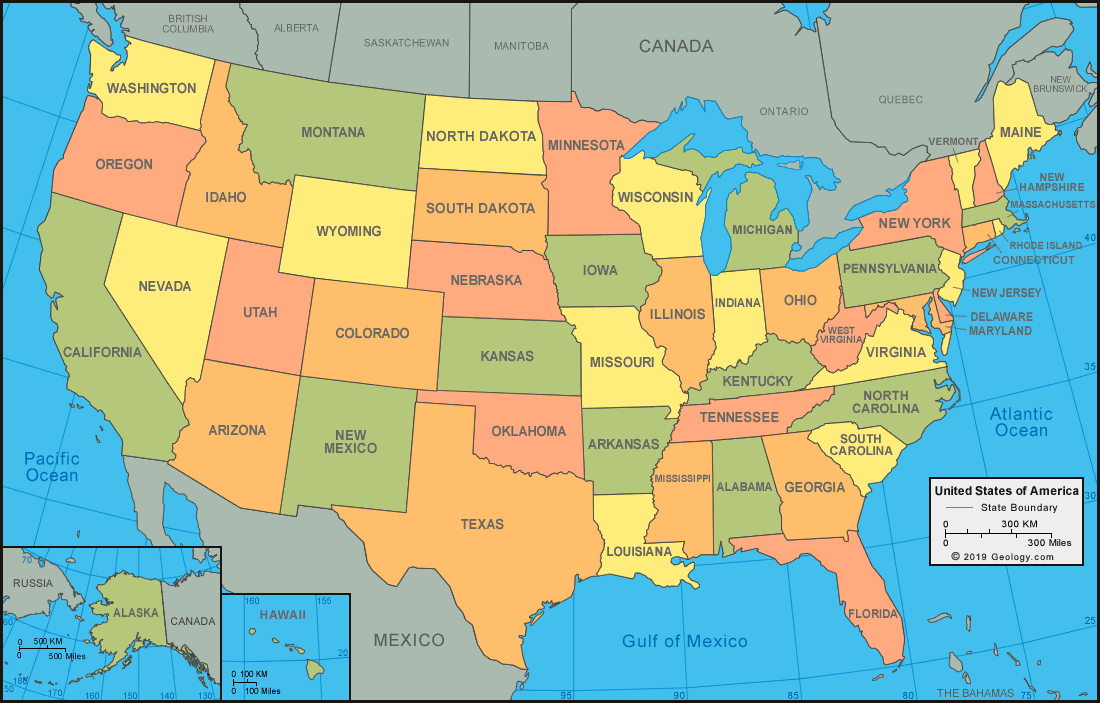When choosing a franchise, you have to evaluate a lot of options. Do you want to buy a brick-and-mortar or home-based franchise? What kind of owner do you want to be? Do you want to own just one unit, or many? What industry interests you? And there’s another choice I haven’t addressed yet on this blog: do you want to work with a national franchise brand or a regional one?
Each option has its pros and cons. This week, I’ll provide a rundown for national franchise brands; next week, I’ll cover regional franchisors. So make sure to come back for the full picture!
Advantages of Working with a National Franchise Brand
First and foremost, national franchise brands have more resources. They have bigger owner networks, more money, and bigger teams at headquarters. Because of these resources, they can sometimes provide a level of support and tools that you might not get with a regional brand. These might include specialized owner networking groups, extensive training opportunities, inside sales support, and more.
National brands are also just plain big. Their size gives them more leverage with suppliers and contractors. If you have to buy proprietary equipment or use the franchisor’s contractor to build out a space, you’ll reap the benefits of that leverage. And the more locations a franchisor has operated, the more chances they’ve had to work out the kinks in their business system.
Finally, national brands have a longer reach. This benefit is twofold. First, it’s about branding. When you buy into a national franchise brand, you often buy into a household name with a large, loyal customer base. Just opening your doors and putting out a sign is enough to bring in at least some business. Second, the longer reach is about geography. Harboring big ambitions about expanding your franchise empire far and wide? Then you need to be with a national brand that’s willing to maintain outposts in multiple regions.
Disadvantages of Working with a National Franchise Brand
Cost is the primary disadvantage of buying into a national franchise brand. All that leverage and brand recognition come at a price. National-brand franchises typically have significantly higher franchise fees and startup costs than regional brands, and they may have higher royalties as well. Some don’t even sell single franchises–instead, you have to commit to area development before you can sign on.
Size can also have its drawbacks. If you sign on with a franchisor that has thousands of locations, you may have to work harder to get help with issues. You may find yourself competing for influence with franchisees who hold massive portfolios. For efficiency’s sake, large franchise brands are also more likely to standardize and automate their support and systems, meaning there may be less room to accommodate new ideas or unique situations.
Finally, though a national franchise brand may allow for greater geographic expansion, the most popular brands may not actually have many territories still available for purchase. If your plans include growing beyond your region, check into territory availability before you commit.
Bottom line: if you have a very large sum of money to invest, are comfortable operating multiple locations, and don’t need a lot of personalized support, a national franchise brand may be the right fit for you. Or, to mitigate some of the cons I mentioned, look for a newer national brand. Up-and-coming franchisors need careful vetting, but they often cost less than a more established brand and may be more willing to work closely with new owners.
Want a personalized, one-on-one assessment of whether a national franchise is the best investment for you? Book some time on my calendar–it just takes a 15-minute call to start the process!

No responses yet